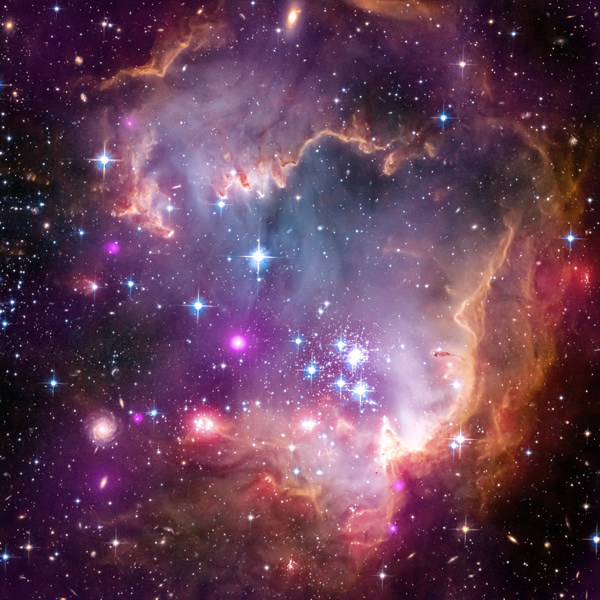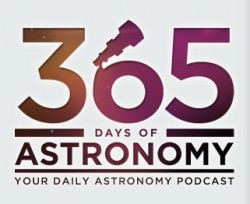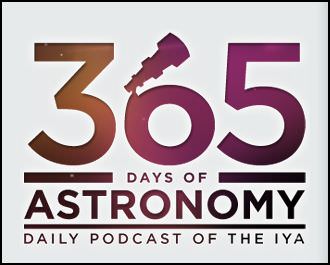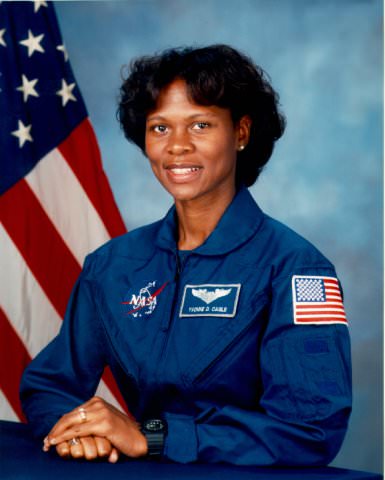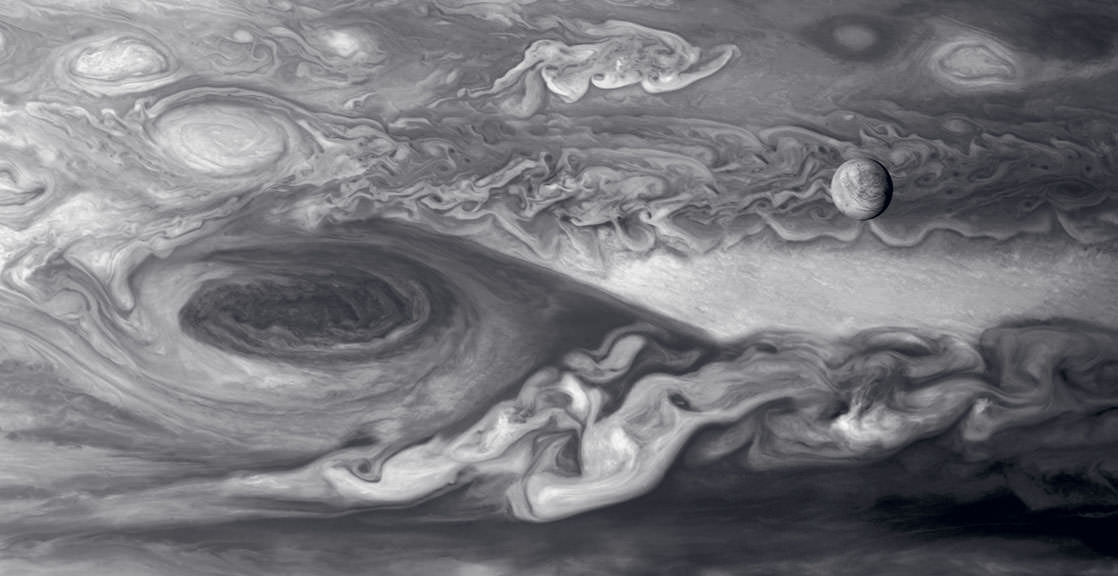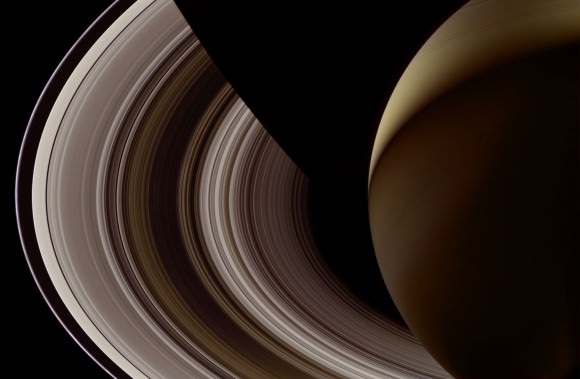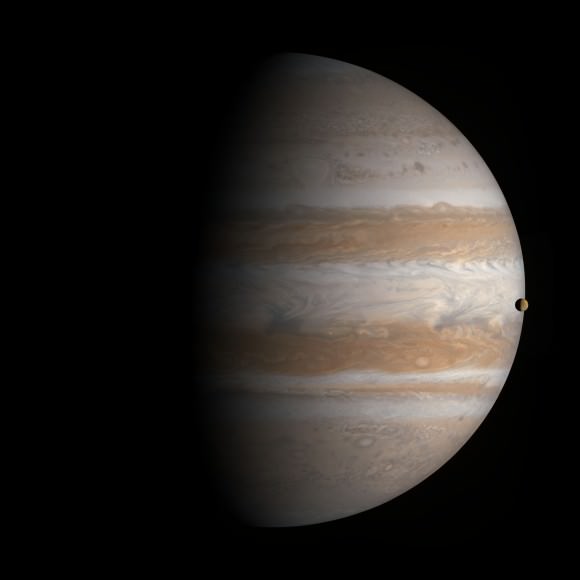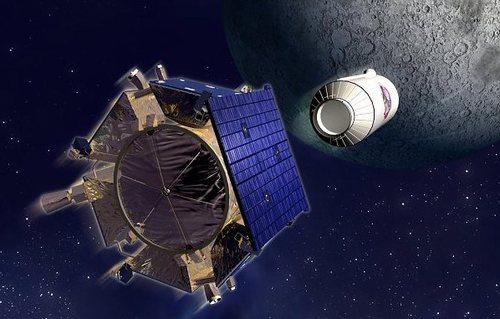If you love talking about space — and as a reader of Universe Today, I really hope you do — there’s an awesome podcast for you to add to your playlist. 365 Days of Astronomy puts out an astronomy-themed episode every single day of the year, covering everything from recent discoveries, to folklore, to community events.
If you’ve got a microphone and a desire to contribute, or have at least some coffee money to contribute to charity, they’d really love to hear from you as they enter a sixth (sixth!) year of operation. More details are below the jump.
Full disclosure here: Universe Today is a big supporter of 365 Days of Astronomy, and I’ve been contributing podcasts myself since last year. It is an awesome experience. Pamela Gay (who oversees the project through her astronomy education organization, Cosmoquest) is inspiring to work for as she is a tireless supporter of bringing the joy of space to the general public.
Nancy Atkinson (a fellow contributor and UT senior editor) joked to me today, “It’s kind of like the Mars rovers — the Energizer Bunny of podcasts.” And it’s through your support that we can keep going, and going, and going. Here’s the official press release with information about contributions:
365 Days of Astronomy will continue its service in 2014! This time we will have more days available for new audio. Have something to share? We’re looking for content from 10 minutes long up to an hour! Since 2009, 365 Days of Astronomy has brought a new podcast every day to astronomy lovers around the world to celebrate the International Year of Astronomy. Fortunately, the project has continued until now and we will keep going for another year in 2014. This means we will continue to serve you for a 6th year.
Through these years, 365 Days Of Astronomy has been delivering daily podcasts discussing various topics in the constantly changing realm of astronomy. These include history of astronomy, the latest news, observing tips and topics on how the fundamental knowledge in astronomy has changed our paradigms of the world. We’ve also asked people to talk about the things that inspired them, and to even share their own stories, both of life doing astronomy and science fiction that got them imagining a more scientific future.
365 Days of Astronomy is a community podcast that relies on a network of dedicated podcasters across the globe who are willing to share their knowledge and experiences in astronomy with the world and it will continue that way. In 2013, 365 Days of Astronomy started a new initiative with CosmoQuest. We now offer great new audio every weekend, while on weekdays we serve up interesting podcasts from CosmoQuest and other dedicated partners. We also have several monthly podcasts from dedicated podcasters and have started two new series: Space Stories and Space Scoop. The former is a series of science fiction tales, and the latter is an astronomy news segment for children.
From the universe to the solar system, we’ve had an interesting journey, especially the ostensibly legendary comet ISON which finally ended its days by breaking apart and vaporizing. We hope we won’t end like ISON did! As for 2014, we will have more available days for new podcasts.
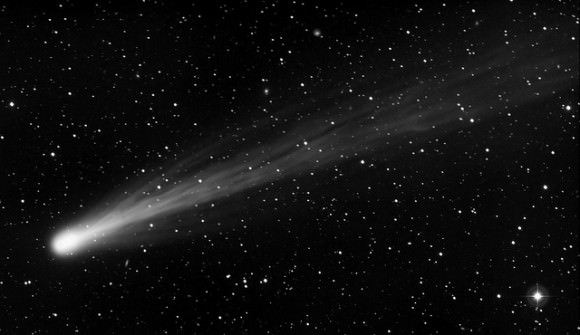
For this upcoming year, the 365 Days of Astronomy podcast is looking for individuals, organizations, schools, companies, and clubs to sign-up for their 5 – 60 minutes of audio for the new daily podcast which will be aired on Tuesday, Thursday, Saturday, and Sunday. As for Monday, Wednesday, and Friday, we will air audio podcasts from CosmoQuest and partners’ Google+ hangouts. We’ll also post the matching video submissions on our YouTube Channel.
We will once again continue our quest in the podcasting arena, but we need your support to be a success. The project is now accepting financial support from individuals as well as organizations to cover our audio engineering and website support costs. The podcast team invites people and organizations to sponsor shows by donating to support one day of the podcast. It costs us about $45 per show. For your donation of $30, a dedication message will be announced in the beginning of the show. For a $15 donation a sponsorship message will be heard at the end of the show. Alternatively, for a $100 donation a sponsor may request a dedication message at the end of a whole week of programs. These donations are essential to cover the price for editing and posting podcasts.
The 365 Days of Astronomy podcast is heard by 5,000 listeners per day and by 2013 we have surpassed 6,8 million downloads. In 2009, the project was awarded a Parsec Award as “The Best Infotainment” podcast and a year later, in 2010-2012, it was nominated for the “Best Fact Behind the Fiction” award.

